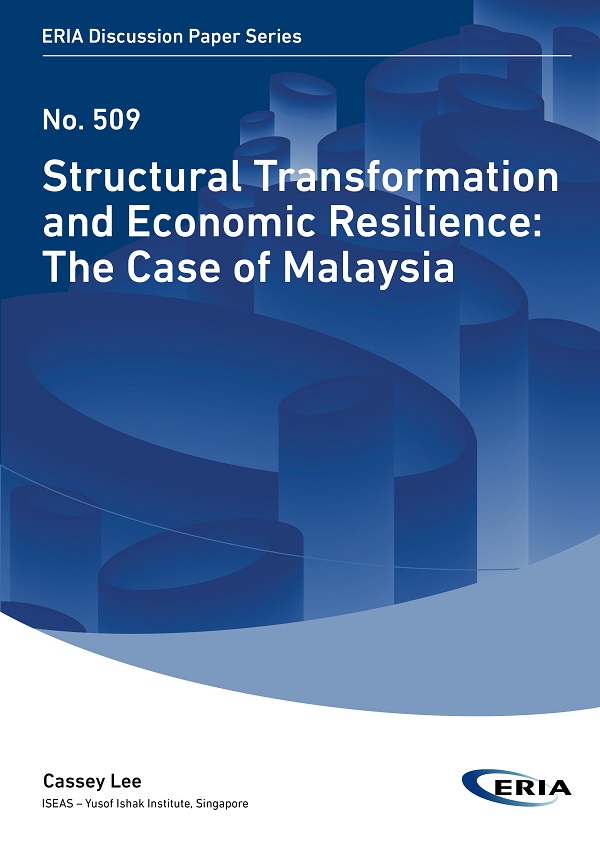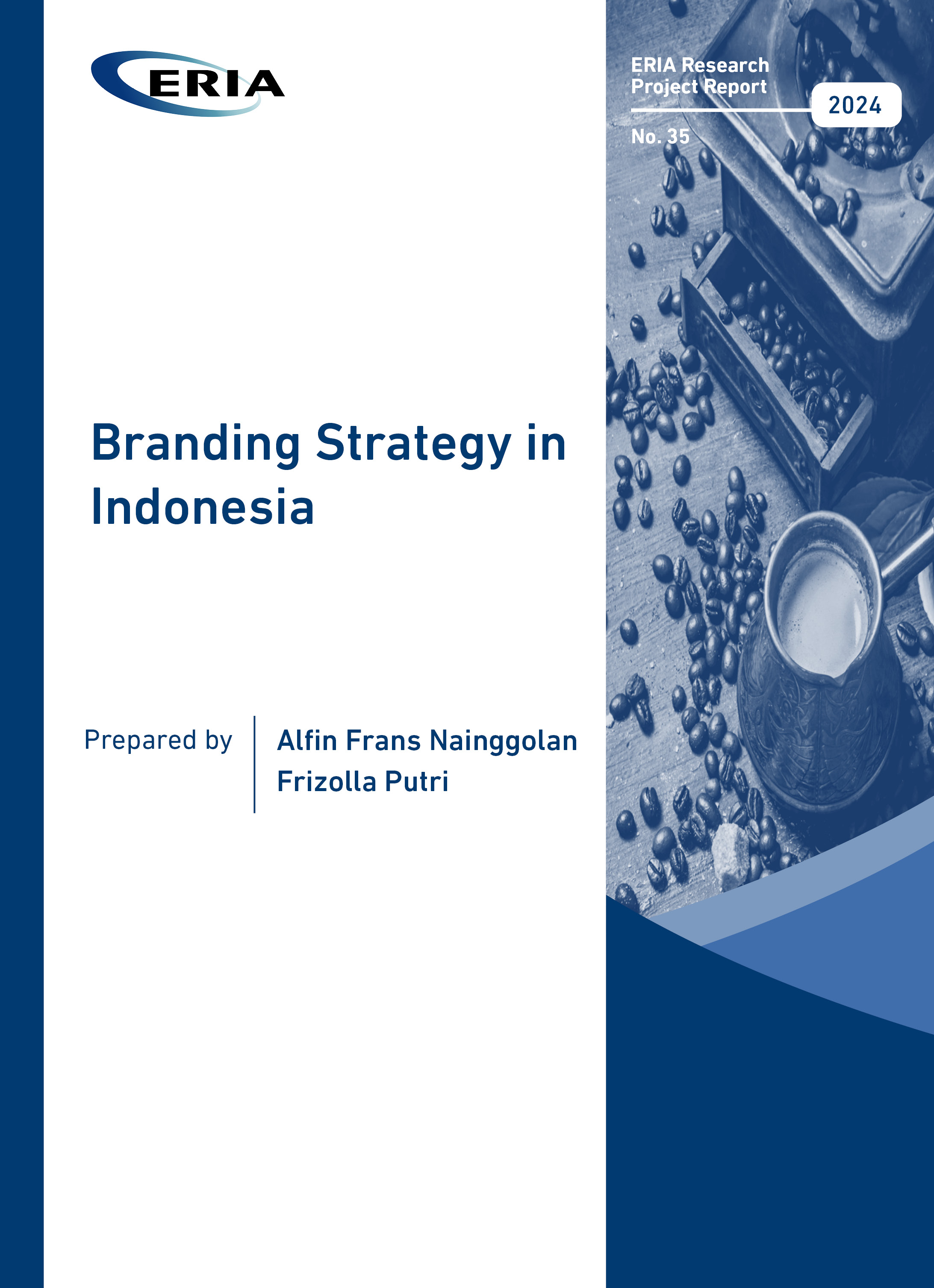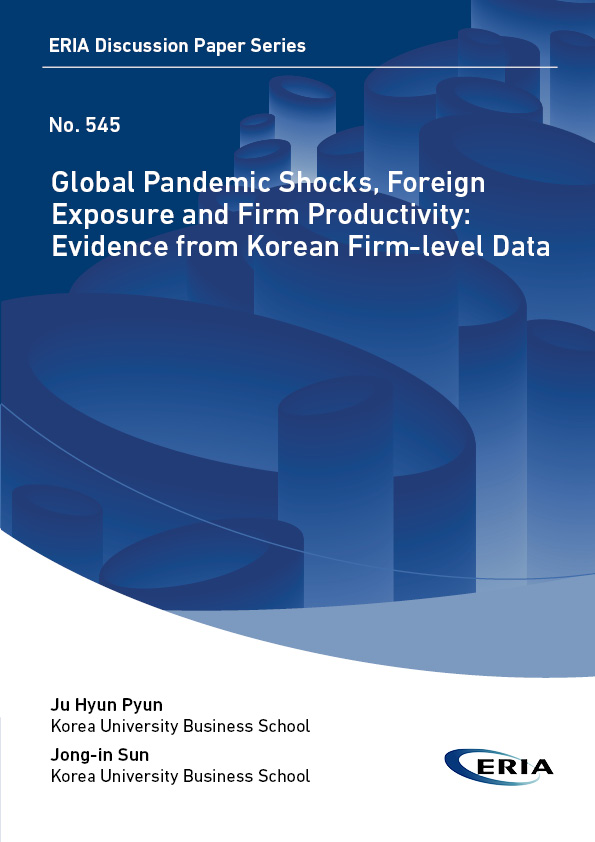Structural Transformation and Economic Resilience: The Case of Malaysia

Date:
7 May 2024Category:
COVID-19, Finance and Macroeconomy, ServicesType:
Discussion PapersTags:
structural change, export, macroeconomic fluctuations, COVID-19, economy resilience, Malaysia, servicesPrint Article:
Exports have been a critical source for the resilience of the Malaysian economy during the COVID-19 pandemic and post-pandemic period. Long-term structural change in intersectoral production networks could have reduced this resilience. Stronger domestic intersectoral linkages and declining participation in backward global value chain participation are likely to reduce the impact of positive export shocks on the country’s economy. The services sector has become increasing important over time. Consumption in the services sector is clearly an important driver of growth. A positive export shock is enhanced by higher domestic intersectoral linkages in the services sector but not in manufacturing.




